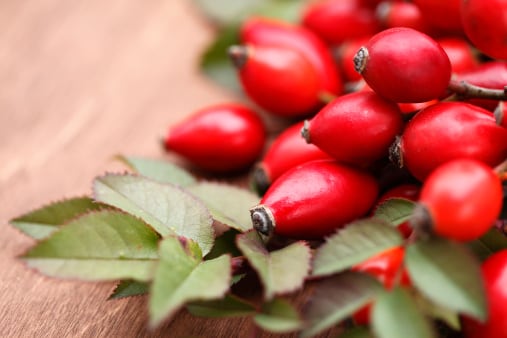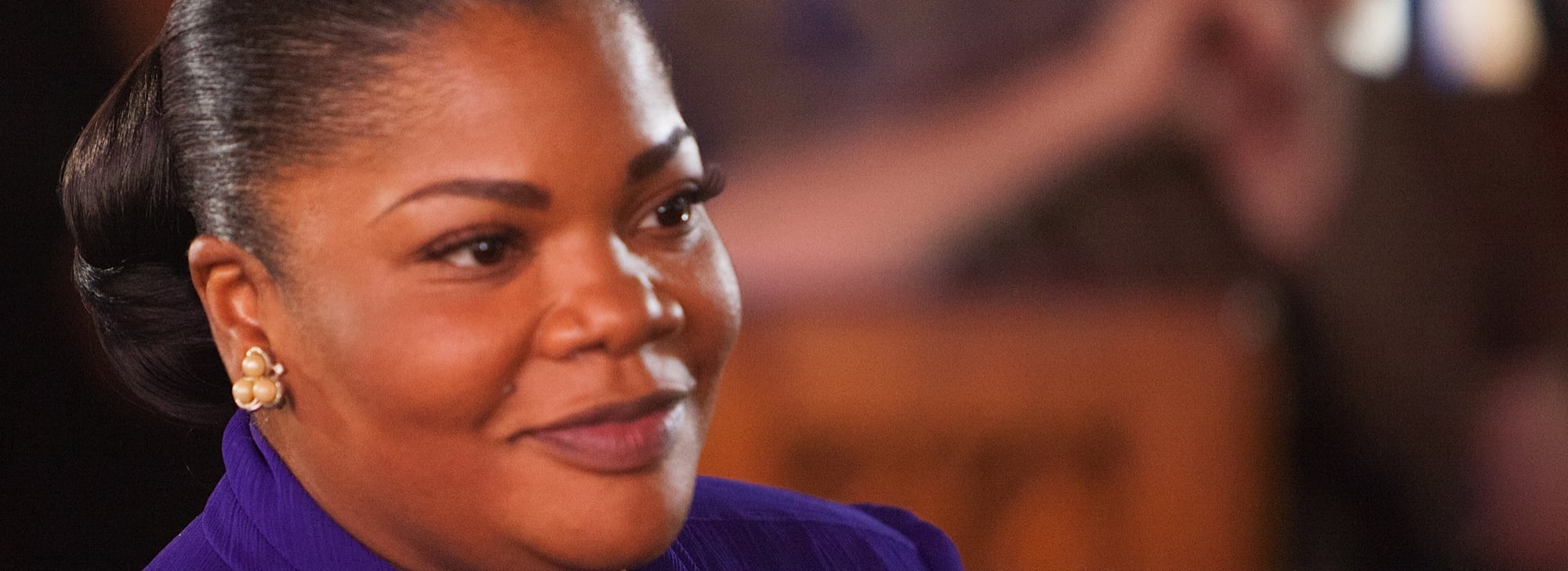New research shows that an extract produced from rosehips may have the power to prevent or treat certain types of breast cancer, notably triple negative breast cancer (TNBC) a type that is more prevalent in black women in the United States and Africa.
While TNBC does not exclusively impact black women (20 percent of white breast cancer patients in Poland, for instance, have the disease), it does occur almost two times more often in black women than white women. It is also more likely to strike women as young as 30.
The name—triple negative breast cancer—refers to the fact that this type of breast cancer does not respond to the most effective treatments available today—hormonal therapies that target estrogen and progesterone receptors, or treatments aimed HER2 (a human growth factor) receptors. Women are also more likely to die of TNBC within a few years of diagnosis than other breast cancers.

“I am focusing my research on natural treatments for brain and breast cancers,” researcher Patrice Cagle says.
“When I looked at the information on triple negative breast cancer, I saw a clear disparity in black women,” explains Patrice Cagle, a young, African American doctoral student who worked with her mentor, lead study author Patrick Martin, Ph.D., associate professor at North Carolina Agricultural and Technical State University, to conduct the new research.
“I am focusing my research on natural treatments for brain and breast cancers,” Cagle says, “in part because traditional treatments such as chemotherapy have serious side effects and are so expensive that they can be a huge financial burden for many people.”
The Power of a Rose
To test the power of rosehips against several types of breast cancer, Martin and Cagle used a powdered extract of rosehip created in a lab, but not unlike the pure rosehip capsules sold in some supplements.
The extract was applied directly to the TNBC cell in vitro. “We found that the rosehip extract stopped cell growth as well as migration, the process by which cancer spreads to other parts of the body,” Cagle says.
For the study, several concentrations of rosehip extract were used. Exposure to the highest concentration (1.0 mg/ml) decreased triple negative breast cancer cell proliferation by 50 percent. The effect was reduced with decreasing concentrations. The highest concentrations of rosehip extracts (.025 to 1.0 mg/ml) decreased triple negative breast cancer cell migration by 25 to 45 percent. The extract appears to work by inhibiting the activity of MAPK and AKt, two enzymes that encourage cell growth in TNBC. The researchers also found that the rosehip extract increased the effectiveness the chemotherapy drug doxorubicin.
The findings add to the list of the health enhancing power of rosehips. The hips are the seeded fruit from roses. They appear after the flower. The most powerful extracts are made from the powdered pulp and skins of the hip. The extract is high in vitamins C, E, carotenoids, K, and flavonoids. In recent research, rosehip powder antioxidant activity was measured at 74 percent. Rosehips are used to protect health in many ways, including tonic and teas to enhance overall health and herbal arthritis medicines, cooking rosehips, however, destroys most of the vitamin C. Rosehip extract may also interact with other medications or cause side effects.
Should You Take Rosehips?
While the research is encouraging, Cagle advises that the findings are “too preliminary to tell women to use rosehip supplements to prevent TNBC. This study was conducted by applying the extract directly to the breast cancer cell. We have no idea how the digestive tract or other factors would affect how a rosehip supplement would impact breast cancer if taken orally,” she says.
“My hope is that our studies in tissue cultures, along with future studies in animal models, will lead to rosehip being recommended as a preventative measure in breast cancer or as an addition to current cancer treatment,” Martin said in a University interview.
Cagle adds, “I also hope that the study will help to get the word out in our community that for many black women, breast cancer may show up at 35, not 45, so we may need mammograms at an earlier age.”
To get the latest expert advice about protecting yourself from breast cancer, read: Take Charge of Your Breast Cancer Risk.
Lose More Weight with Chocolate
A new study discovered that chocolate might speed weight loss. Researchers compared weight loss between two groups on a low-carb diet. The group that ate 42 grams of dark chocolate (81 percent cocoa) a day lost 10 percent more weight.









